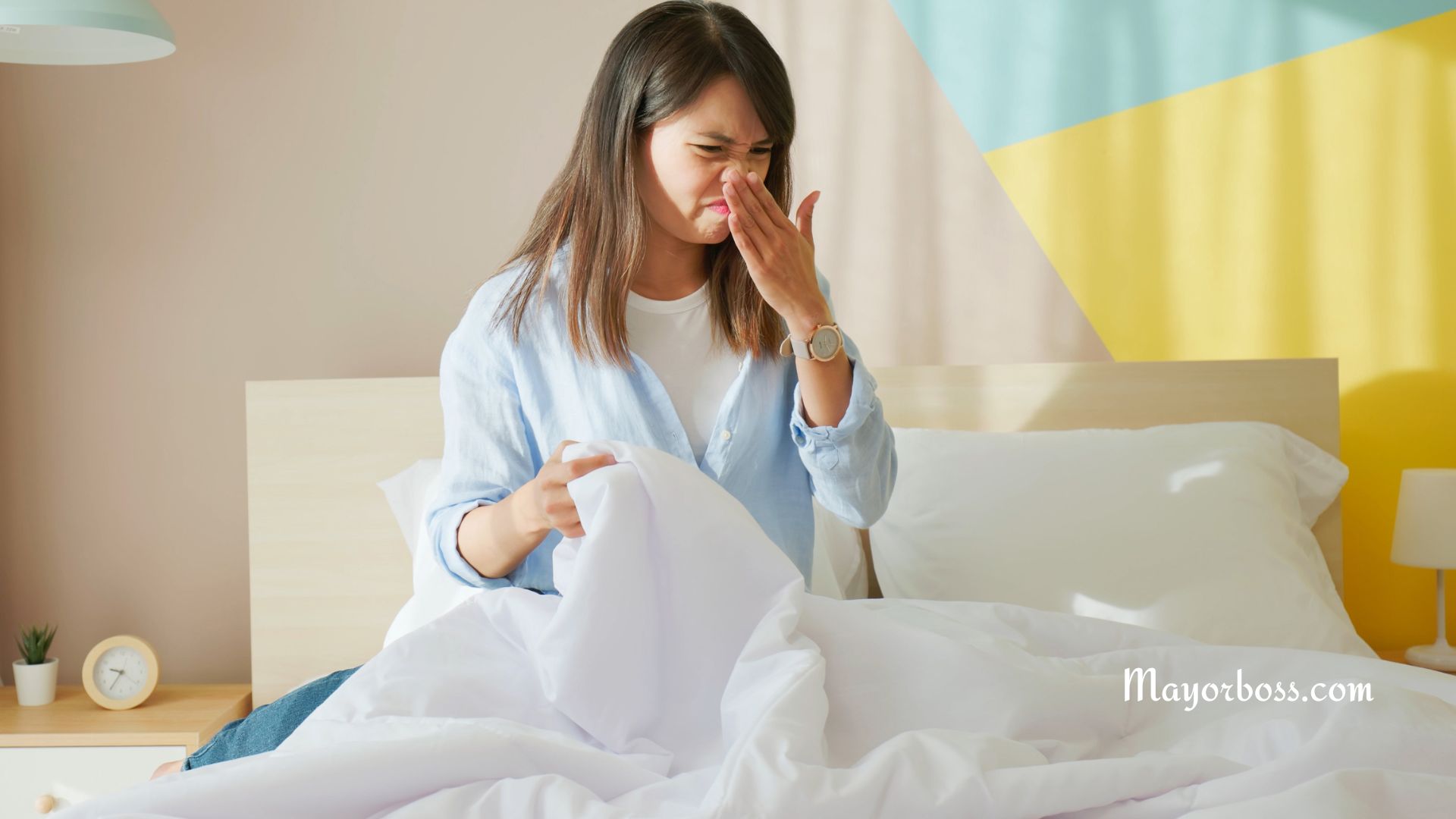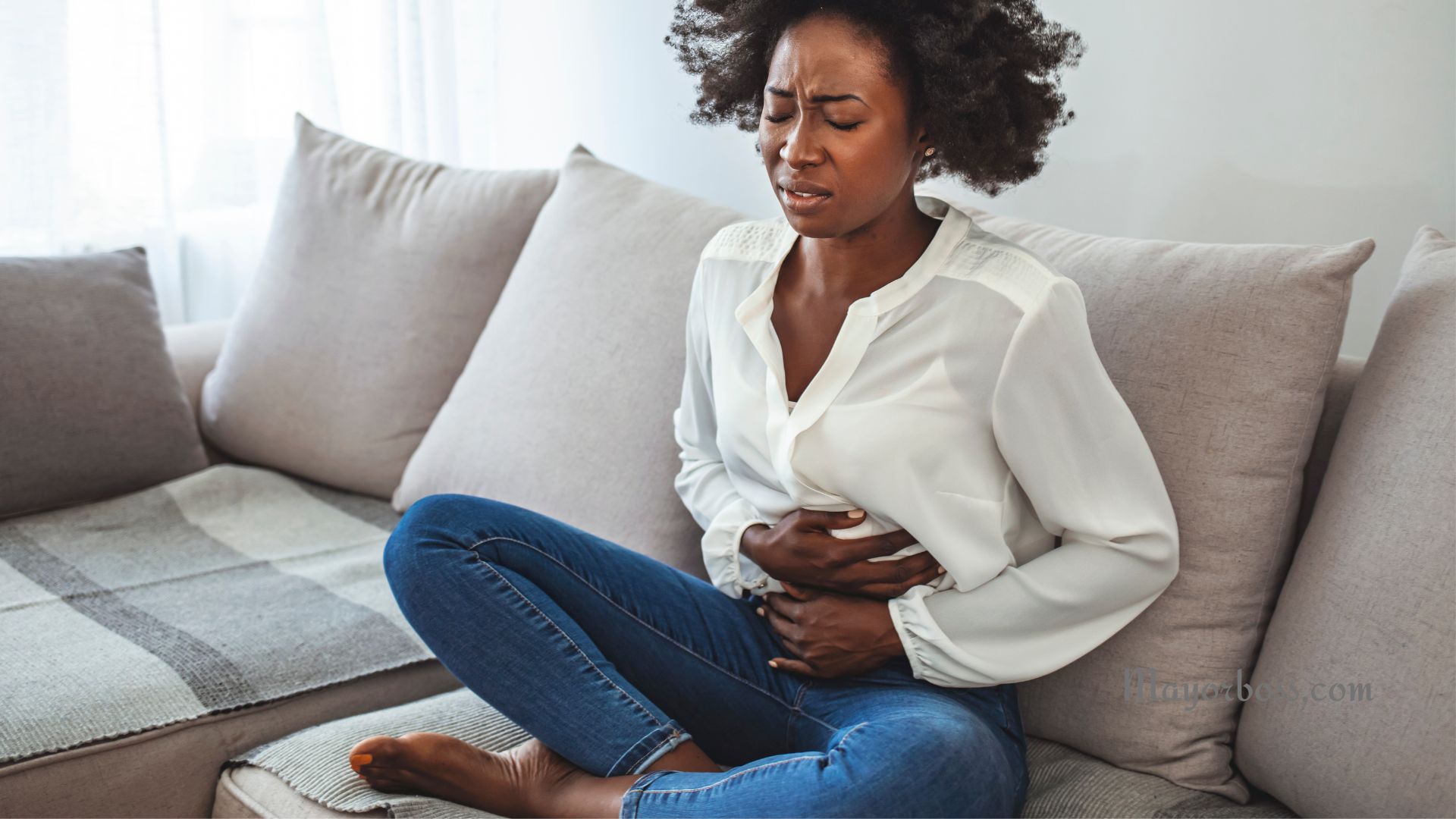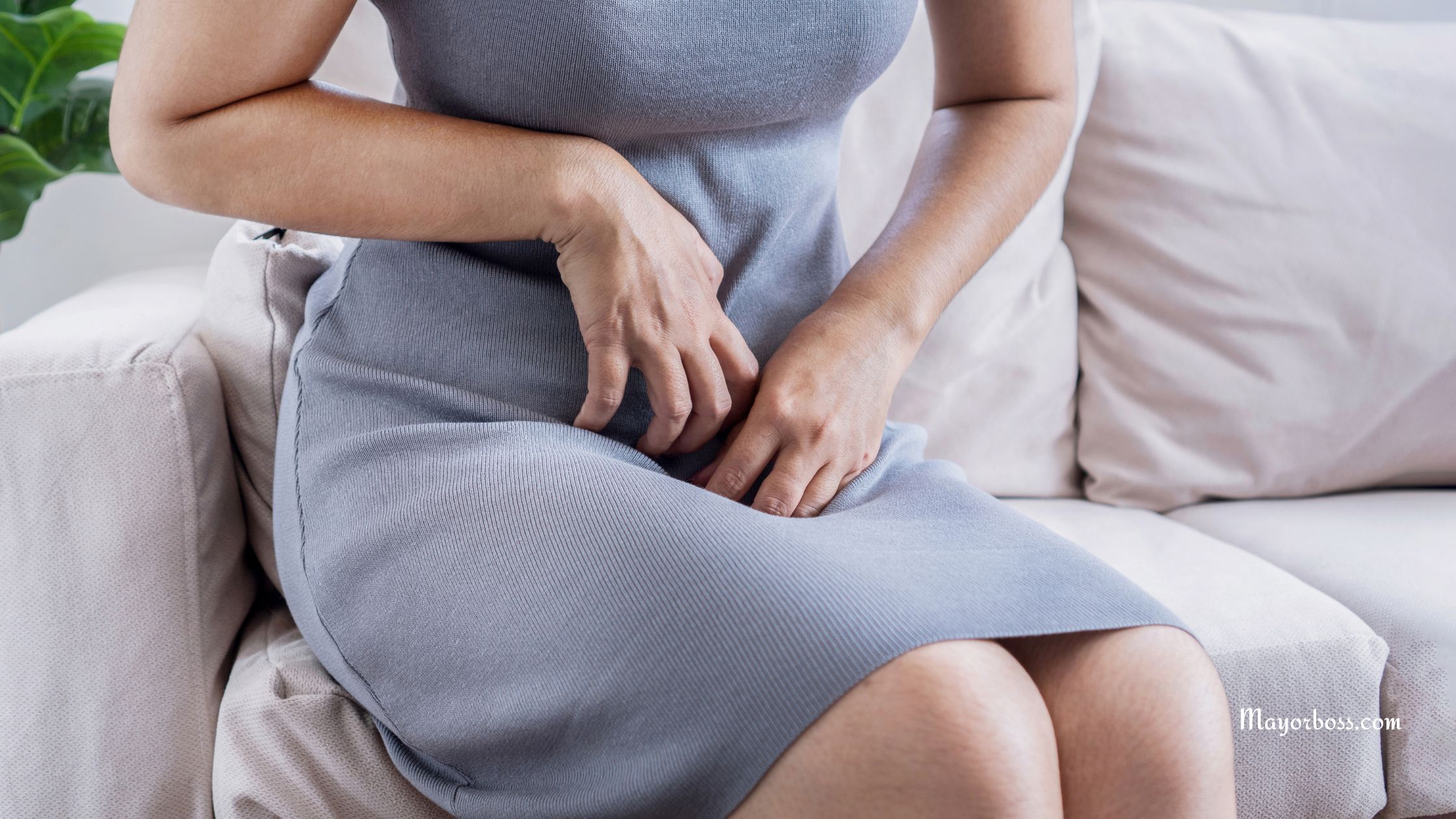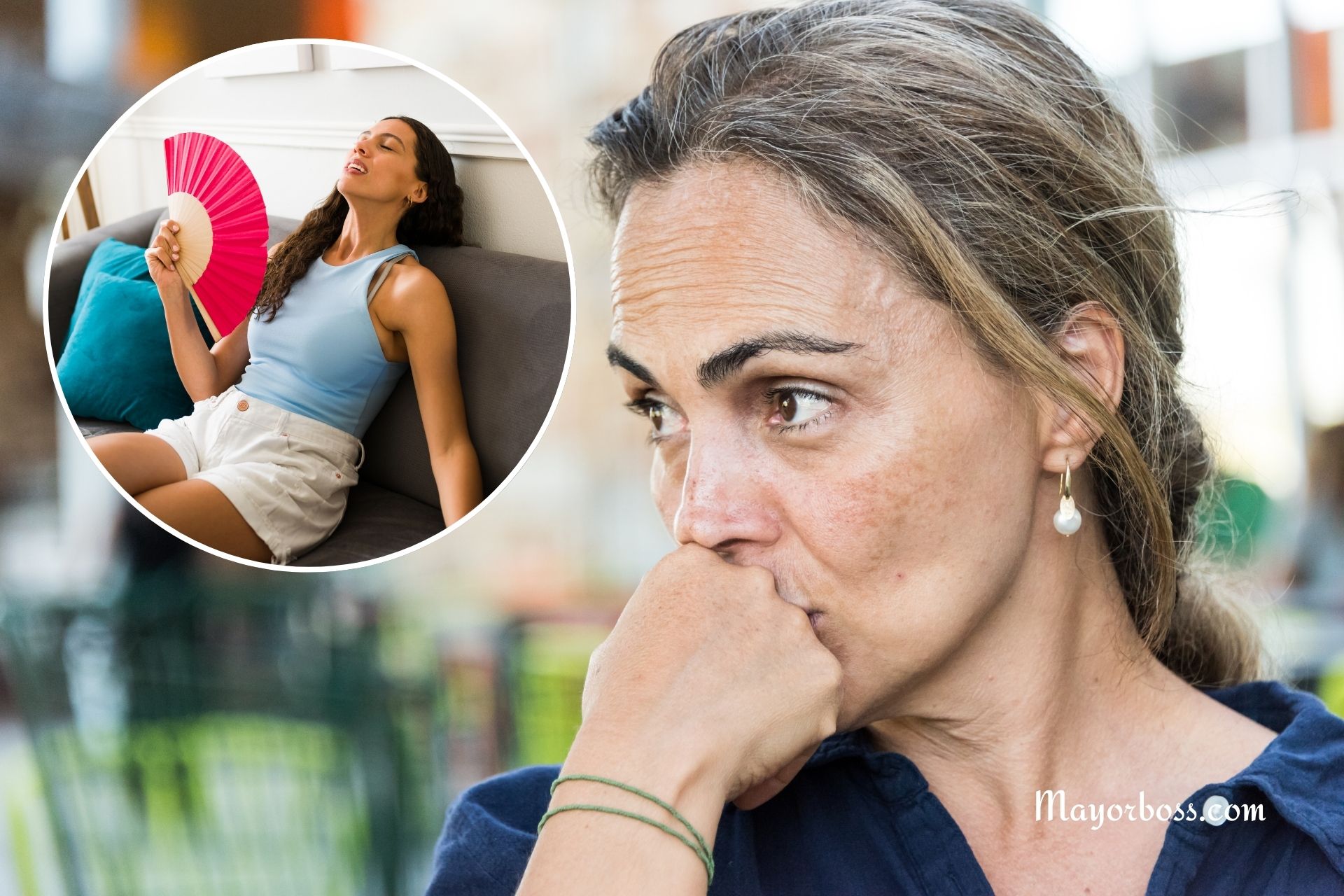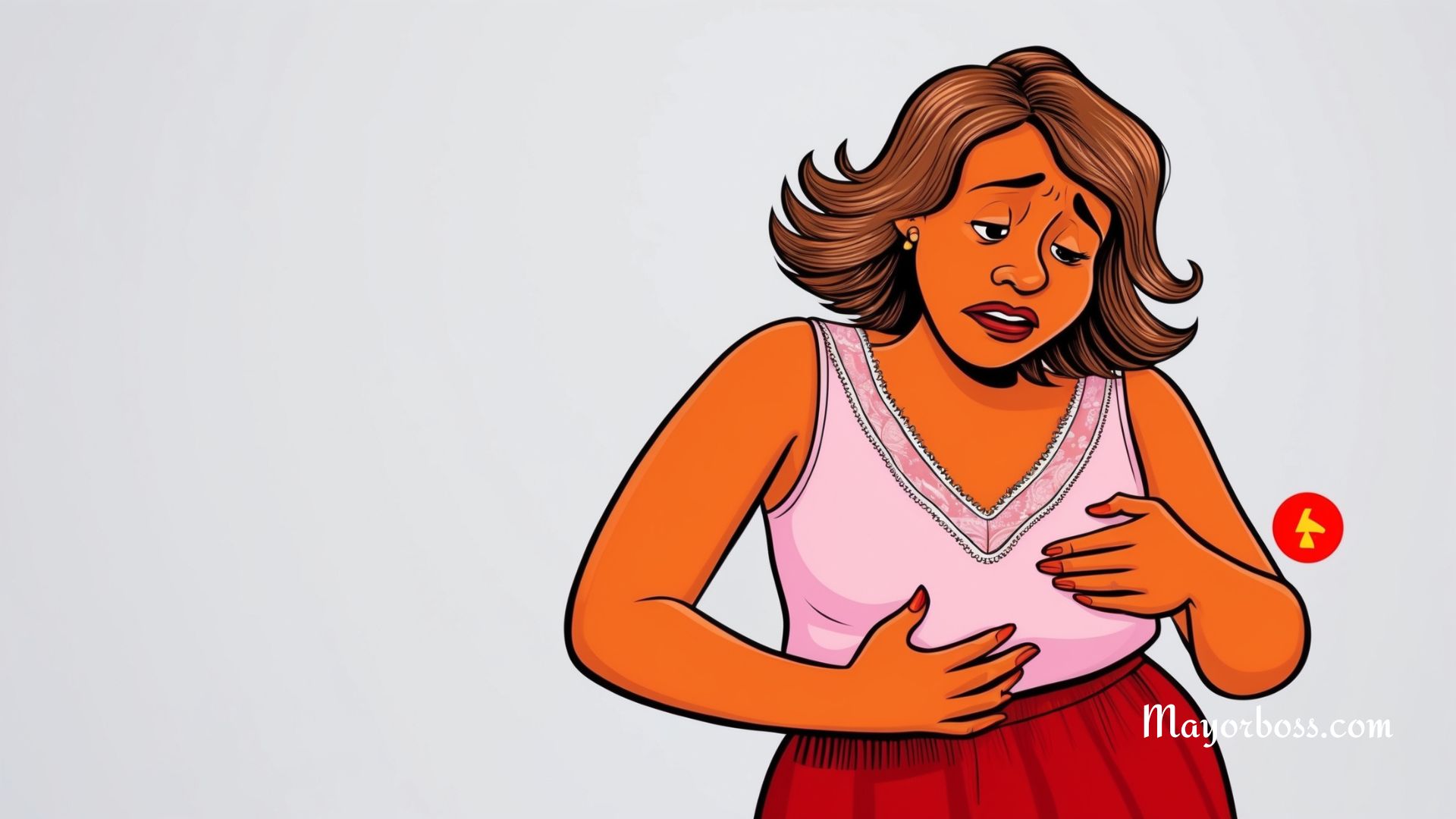How To Get Rid of Period Cramps
Are you tired of those recurring, agonizing cramps that accompany your menstrual cycle every month? You’re not alone. For many women, period cramps are a monthly nuisance that can disrupt daily activities, work, and even sleep. But you don’t have to grit your teeth and bear it. In fact, there are several effective ways to ease the discomfort.
Period cramps are a common yet controllable part of the menstrual cycle,” says Dr. Natalia Hapych, a family doctor. “Understanding why they happen and how to manage them can make a significant difference in your quality of life.”
In this article, we’ll dive into the causes of period cramps and explore practical steps to alleviate the discomfort they cause.
What Causes Period Cramps and Why Are They So Painful?
Period cramps, or dysmenorrhea, are usually caused by contractions in the uterus during menstruation.
“Your uterus is a muscle, and it contracts during your period,” Dr. Hapych explains. These contractions can occasionally be intense enough to cause pain.
Several factors can contribute to period cramps, including:
- Age: Younger individuals tend to experience more intense cramps.
- Menstrual flow: Heavy periods can result in more severe cramps.
- Medical conditions: Certain conditions like endometriosis or fibroids can cause painful cramps.
Ways to Ease Period Cramps
Let’s delve into several effective methods for managing period cramps.
Adjust Your Diet
Certain foods can exacerbate period cramps, while others can provide relief:
- Avoid foods that cause bloating, such as salty or processed foods.
- Incorporate anti-inflammatory foods like berries, leafy greens, and fatty fish into your meals.
- Drink plenty of water to stay hydrated.
Exercise Regularly
Although you may not feel like moving when you’re in pain, exercise can help reduce period cramps. Physical activity releases endorphins, your body’s natural painkillers.
- Go for a light walk or jog.
- Try yoga or Pilates.
- Perform stretching exercises.
Use Heat
Applying heat to your lower abdomen can help relax the contracting muscles in your uterus.
- Use a heating pad or a hot water bottle.
- Soak in a warm bath.
- Drink warm beverages like herbal tea.
Take Over-the-Counter Medication
Over-the-counter pain relievers, particularly nonsteroidal anti-inflammatory drugs (NSAIDs), can be quite effective.
- Ibuprofen and naproxen are commonly used NSAIDs.
- Always follow the recommended dosage instructions.
- If over-the-counter medication doesn’t help, consult your healthcare provider.
Practice Relaxation Techniques
Relaxation techniques can help manage pain and relieve stress, which can worsen period cramps.
- Try deep-breathing exercises.
- Practice meditation or mindfulness.
- Engage in activities you enjoy to distract yourself from the pain.
When to Seek Medical Help
While period cramps can often be managed at home, Dr. Hapych advises seeing a healthcare provider if your cramps:
- Are severe or progressively getting worse.
- Don’t improve with over-the-counter medication.
- Are accompanied by other symptoms, such as heavy bleeding or irregular periods.
In these cases, period cramps may signal an underlying condition that requires medical treatment.
Can You Prevent Period Cramps?
While you can’t prevent period cramps entirely, you can take steps to reduce their intensity:
- Maintain a balanced diet.
- Exercise regularly.
- Limit caffeine and alcohol.
- Practice stress management techniques.
“Period cramps are an unfortunate part of the menstrual cycle for many individuals, but they don’t have to rule your life,” concludes Dr. Hapych. Armed with the right knowledge and tools, you can effectively manage and minimize these monthly aches.
Further Reading: 5 Possible Reasons Why Your Period is Late or Missed

